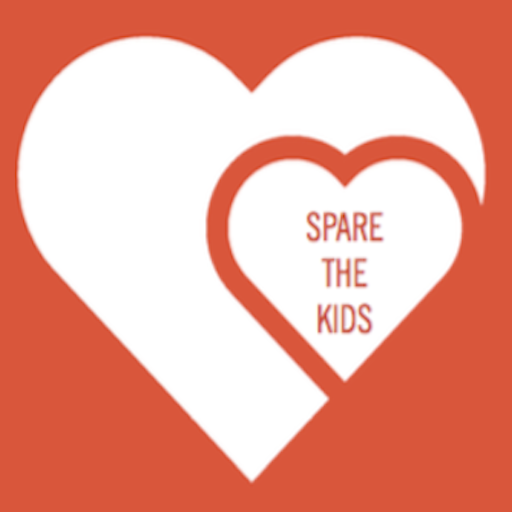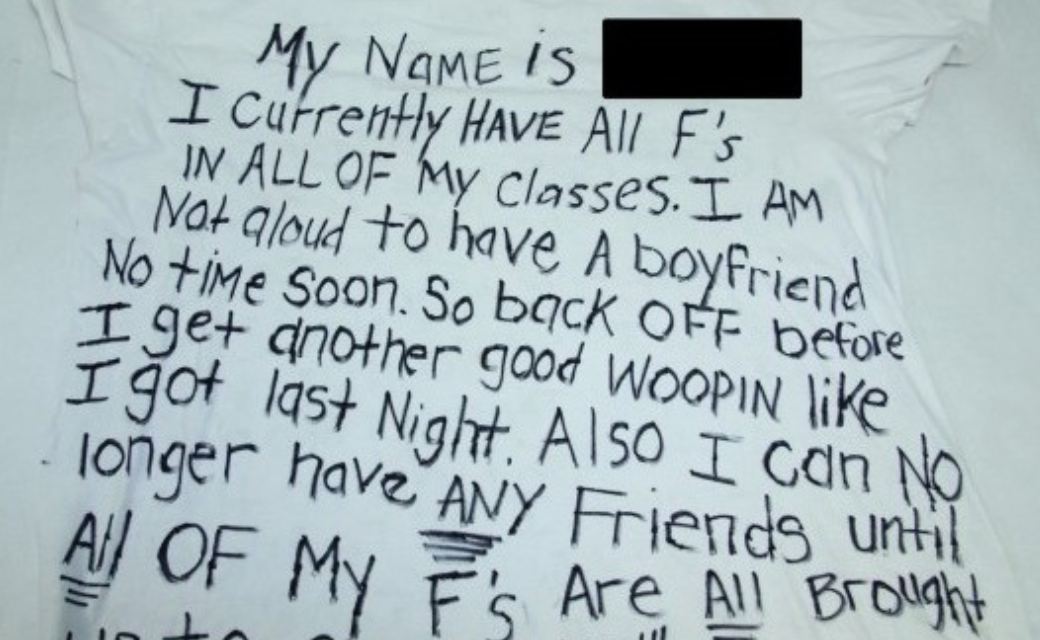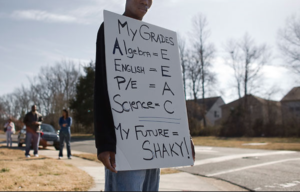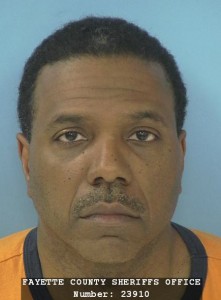A white teacher shares a powerful memory of a Black mom who whupped her daughter in front of his class 40 years ago.
For the past week, I’ve been receiving scores of emails and tweets from readers about my latest piece for The New York Times – Stop Beating Black Children. Some of those messages have been positive and some of them not worth reading to the end. But one letter from a retired schoolteacher left me in stunned silence because it took me back to my own childhood. The teacher, who is now in his seventies, gave me permission to reprint his letter but asked that I not reveal his name.
Here’s what he wrote on March 16:
“Professor Patton,
My name is XXXX XXXXXX. I am White. I grew up in a lower middle-class Jewish home where a hand was never laid upon me as a form of discipline. I employed that same form of discipline with my own three children.
I also possess a Bachelor’s Degree in Elementary Education, a Master’s Degree in the Psychology of Reading, am a Board Certified Reading Specialist in the Commonwealth of Pennsylvania where I taught beginning in the late 1960’s for forty-years for the School District of Philadelphia, working with Black children and other minority students of color during that entire tenure in the most impoverished neighborhoods of that city where my students’ families lived in abject poverty while coming to class with more psychological, emotional and physical baggage than any child attending elementary school should be asked to carry. Because of where I grew up and went to school, I had no meaningful contact with children of color and their families until I began my first year of teaching, which was almost my last.
During that first year I asked for the parents of one of my students who I was having difficulty teaching to come after school for a parental conference to discuss the situation. While I was teaching my class the day of the conference, the girl’s mother walked into my classroom without announcing herself, grabbed a hold of her daughter, threw her to the floor, took an extension cord out of her pocketbook and began to beat that child until she was crying hysterically, stopped, turned to me and said, “Mr. XXXXXX, you won’t have no more trouble from her,” turned and walked out the door.
To say I was in a state of shock would be the understatement of the year. Viewing just what took place, never having had experienced anything like that in my life, not ever thinking that anything like that could happen, I was briefly in a state of paralysis. When what took place finally hit me, I asked two of the other girls in the class to take the beaten girl to the nurse’s office, called the principal to explain what had just happened and then went next door to ask a teacher’s aide to watch my class when I went to the men’s room to compose myself.
At the end of the day of wasn’t sure if teaching was the right choice as a profession for me and wondered if I would even return the next day to get my personal possessions. What changed my mind was speaking to an older more experienced Black teacher before I left school that day who had dealt with these kinds of situations over the years and somehow convinced me that I had the makings of a great teacher, that these children needed me as much as I needed them and that I should return the next day and pick up where I had left off. I did, and eventually went on to have a successful forty year career doing something I loved, turning down promotions to better neighborhoods in the city that were not impoverished and whose students, whose families were not living in abject poverty.
The advice that of the more experienced Black teacher was the truth: I needed to be with my first students as much as they needed me to be their teacher. I don’t know what potential that other teacher saw in me, but she was more prescient than I could have every imagined. One thing I didn’t recover from so quickly was asking for any parents to come in to talk about their children, as at least tens years or so went by before I did again.
I have first-hand knowledge of everything you addressed in your article and couldn’t agree with you more. After centuries of existence, there are still so many cultural, racial, religious, ethnic and socio-economics problems that our country faces that one can’t fathom even where to begin. As I approach the age of seventy I am sadden by what I read in the newspaper and see on the news, because it seems the stories never change, only the names and with the election of that imbecile in the White House, I can only see things growing worse than they already are.
I can only hope that members of one of our country’s demographics grow old and go the way of the Dodo and younger generations, who are more tolerant and compassionate will rise up in a world where we don’t see everyone that doesn’t look like us as the “Other,” a phrase Malcom Gladwell coined and that the words of Martin Luther King become reality when he said, “I have a dream that our children will be judged by the strength of their character, and not the color of their skin.” I know I will not be around to see that come to be, but everyday I’m still alive, I hope that my three grandchildren, who are biracial and multiracial, will.
Yours truly,
XXXXXX XXXXXXXX”
This letter touched me because it brought up memories from my own childhood. It forced me to remember all those times when my adoptive mother slapped me in front of my teachers when they reported that I was a disruptive chatterbox in class or that my performance was slacking. I remembered all those times when I couldn’t sit comfortably in my desk the next day after being whupped for negative comments on my report cards.
This white male teacher’s letter made me remember a scene from fourth grade when a classmate’s mother came up to the school and beat him in front of the class with a handful of switches. Situations like this built a wall of distrust between our teachers and us. They dimmed the light in our eyes. Shut down our curiosity. Silenced us. Made us resistant to learning. Kept us from asking questions and made us fearful of making mistakes, which is required for the learning process. In our mind, teachers were the enemy who had the power to have us whupped.
I hated my white teachers for sitting back and allowing these beatings to go down. I felt that they were complicit in our abuse. How could they be okay with standing there and watching our parents slap and beat up? Why didn’t they intervene? If they knew that our bodies were going to be hurt, then why did they keep telling our parents when we messed up? Not to mention, our parents never allowed us the chance to give our side of the story. They always took our teacher’s words over ours, and sometimes our teachers really were mean or racists who shouldn’t have been teaching black children.
All these years, until I received this teacher’s poignant letter, I felt that educators were willfully complicit in the pain meted out on Black children by parents, who did not have the tools to address their children’s behaviors at school. Sometimes these parents were still holding on to their own traumas they experienced at school. Maybe their parents handled similar situations the same way. My adoptive mother was whupped at school and never got past junior high. And so she hit me out of frustration and embarrassment. She was not intellectually equipped to help me meet the challenges of school life but she felt that she could beat good behavior and good grades into me.
Parents who engage in this kind of behavior want to show their child that they are “boss.” They actually believe that they are assisting the teacher by demonstrating that they “don’t take not stuff,” and are a good, responsible Black parent. Just as enslaved parents did on plantations centuries ago.
Situations like this can escalate into serious abuse, or even fatalities. In February 2015, a Florida woman was arrested for beating her daughter over bad grades and making her wear a shaming T-shirt. A year later, 14-year-old Jalen Daniel’s parents beat him to death over bad grades. A simple Google search turns up scores of similar stories.
For a long time, I assumed that teachers never thought about the power and impact of their reports to parents. But this letter shows that at least some teachers were deeply affected. Even more telling, that scene in his classroom kept him from communicating with parents about their child’s progress for fear that his students might be beaten.
In a follow-up note, he said that he never regretted his decision to stay and teach. “Working with the kind of children I described in my letter, who were still young enough to wear an aura of innocence and trust about them and were still able to see only the good in people, was not only a joy, but a refuge from the problems I endured in my own life which paled in comparison to what that had to suffer. I always felt and still do that helping a child is the noblest thing an adult could do . . . I can’t think of anything worth fighting for more than the lives and futures of our children.”





 Dear frustrated Mama,
Dear frustrated Mama,

Recent Comments